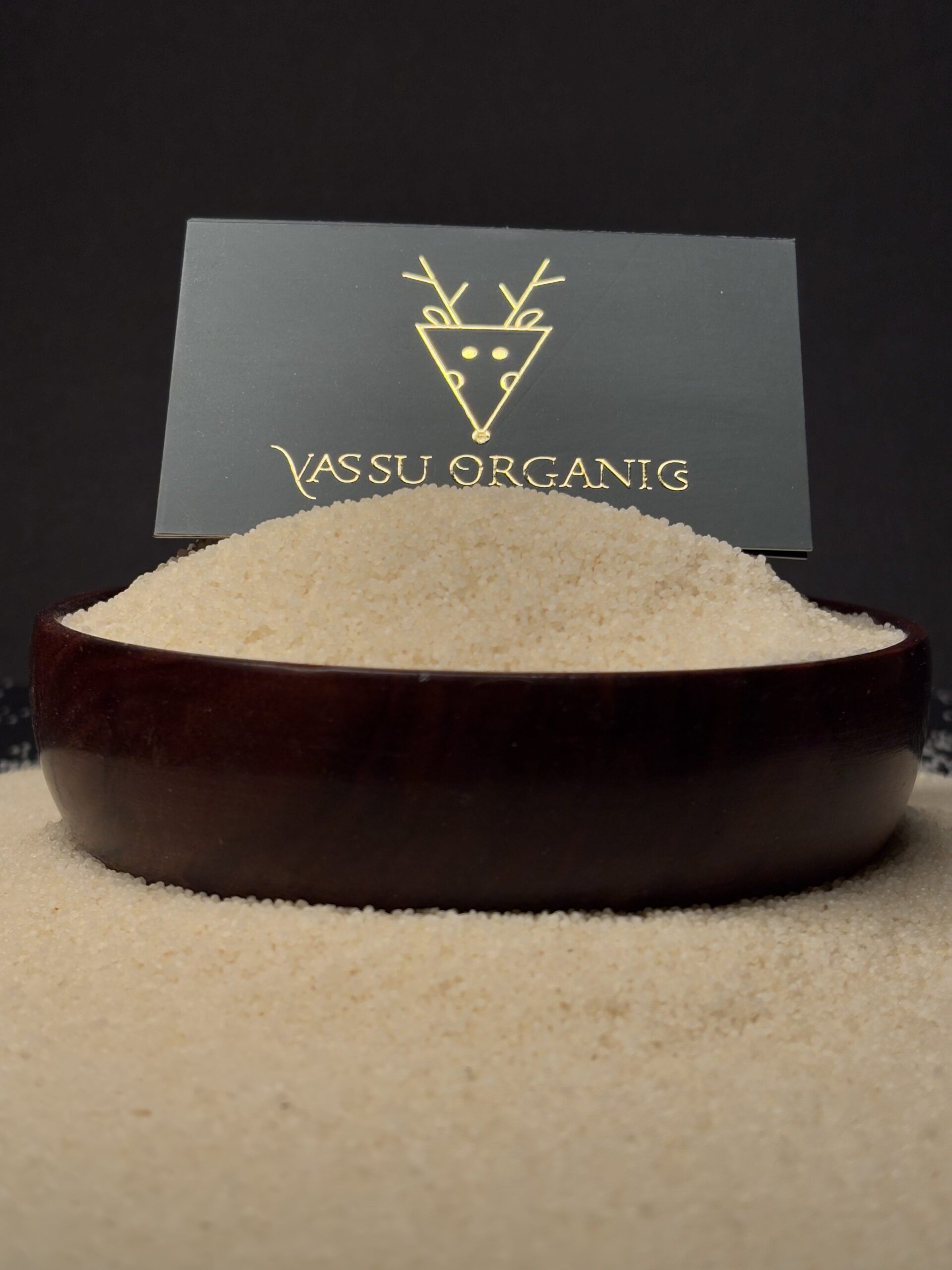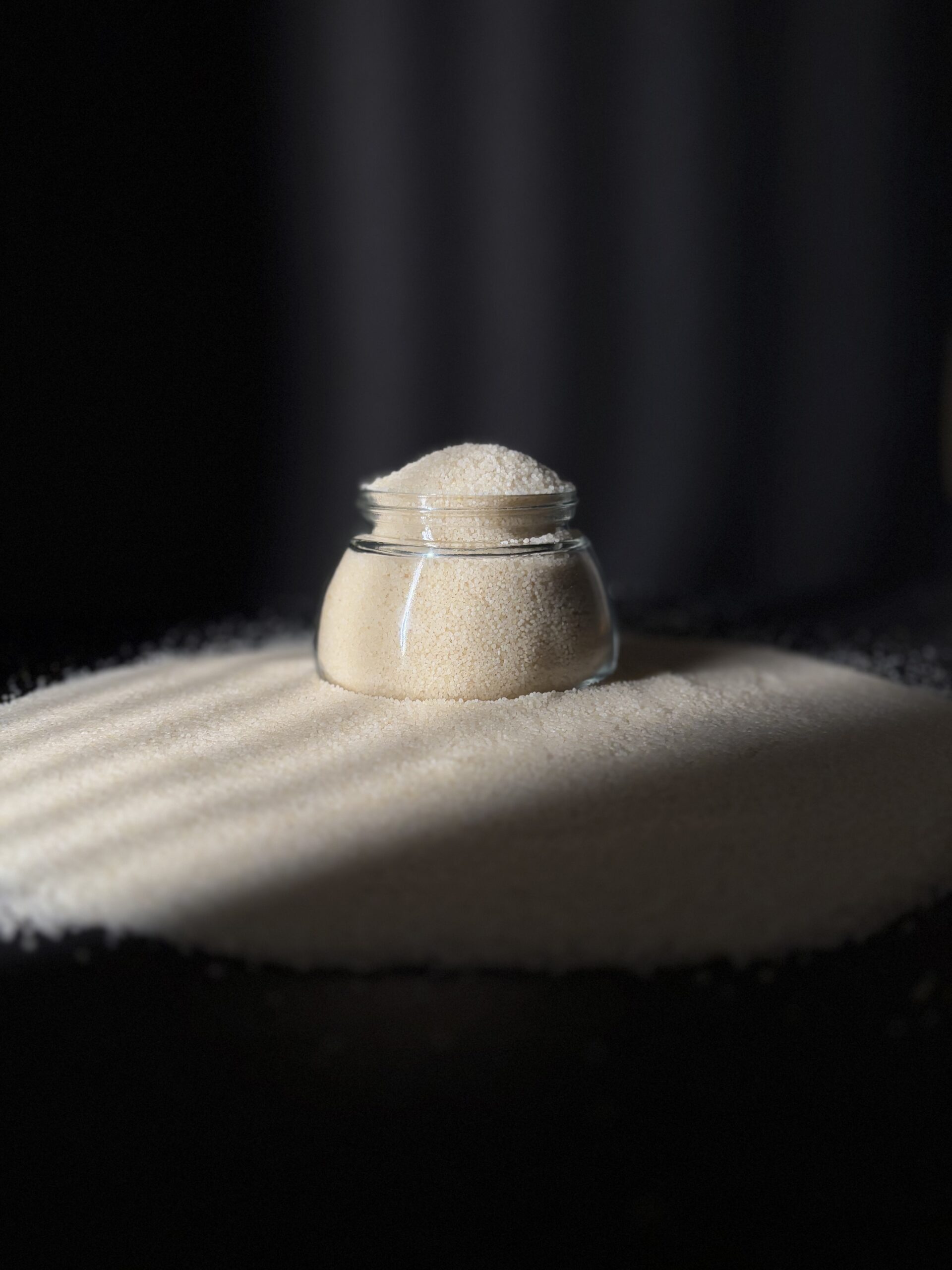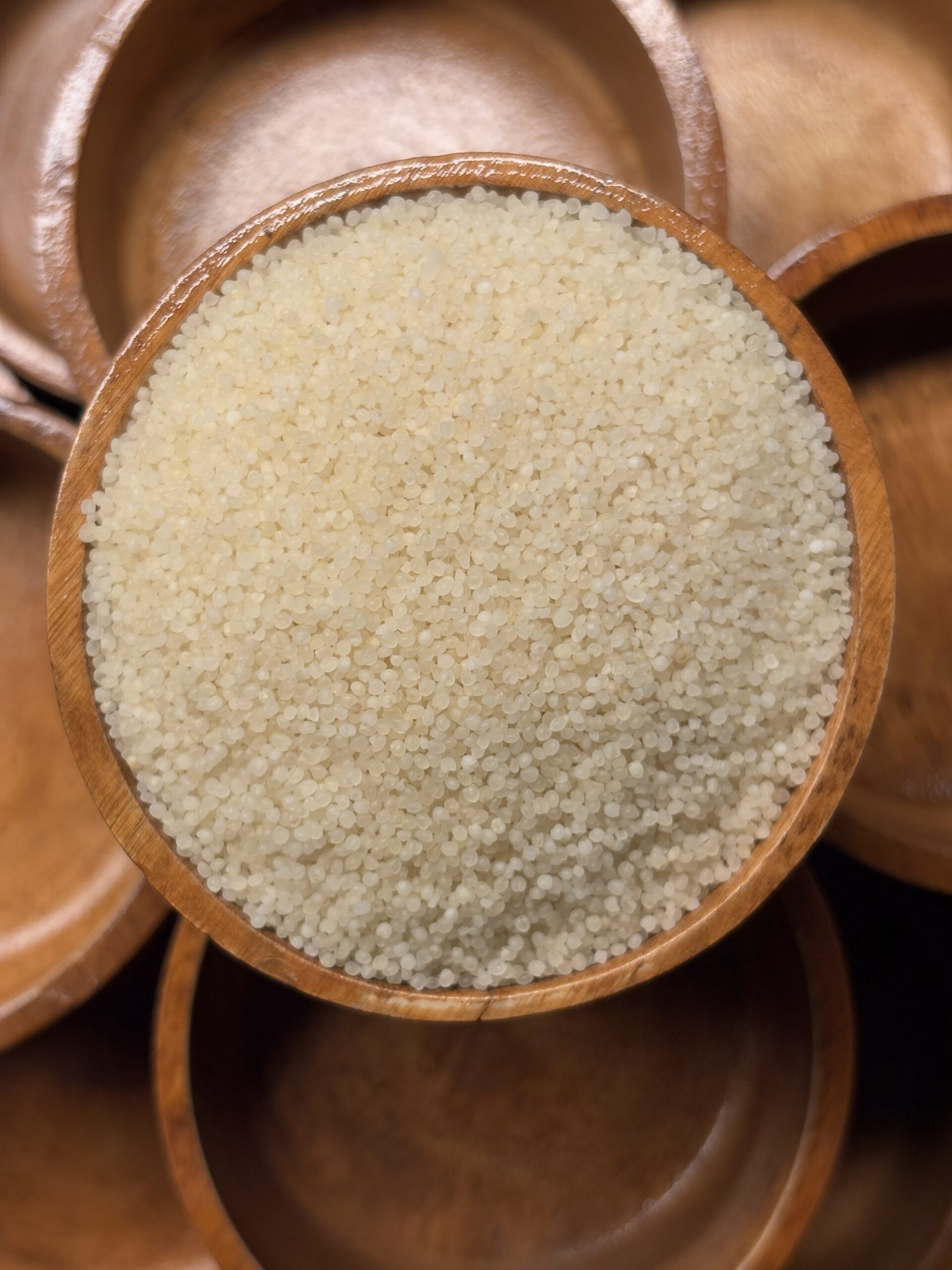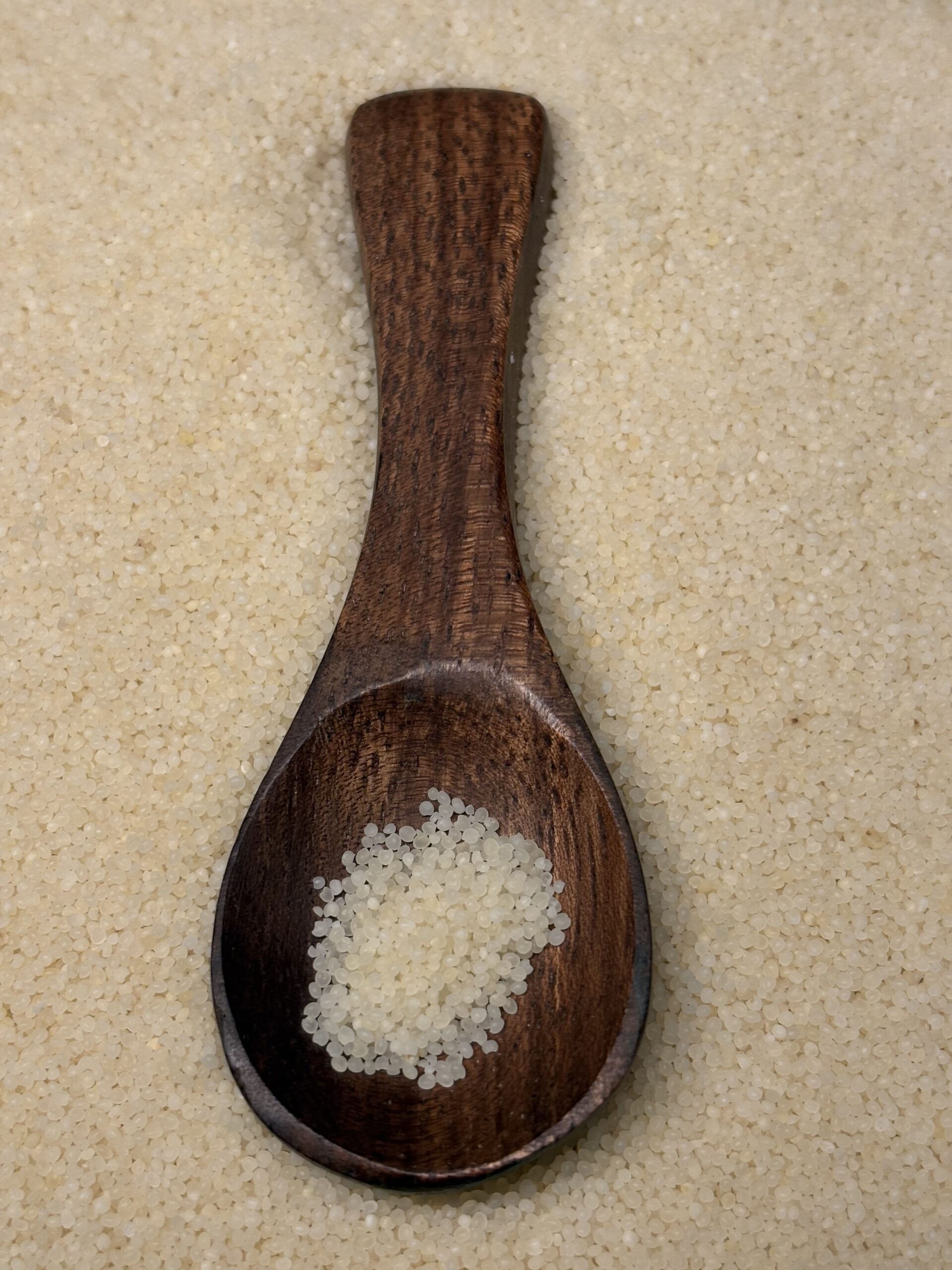




Amaranth Millet
| Product Type | Millets |
|---|---|
| Style | Dried |
| Grade | A |
| Certification | FOSCOS, APEDA, MSME |
| Country of Origin | India |
| Stone, Metal, Glasses | Absent |
| Purity | 99.95% Maximum |
| Foreign Material | 0.1% Maximum |
| Broken Grain | 1–2% |
| Pests | Nil |
| Salmonella | Absent |
| Packing | As per client requirement |
| Brand Name | As per client requirement |
| Grain Color | Natural |
| Grain Taste | Characteristic |
| Appearance | Clean Grain |
| Smell | Characteristic |
Commercial Details
| Price | On Request |
|---|---|
| Payment Term | Advance / LC |
| Incoterms | FOB, CIF |
| Min. Order Quantity | 20ft container |
| Average Supply | 750 Metric Ton / Month |
| Port | JNPT, Mumbai, India |
About Amaranth Millet
Amaranth, a nutritious ancient grain, is a good source of protein, fiber, iron, and other essential nutrients, and is gluten-free. It's also a good source of minerals like manganese, magnesium, phosphorus, and iron.
Amaranth is one of the richest plant forms of protein available. The protein is easily absorbed by the body and contains all amino acids — even lysine, which is often missing from cereal grains. Studies show that in the plant kingdom, amaranth proteins are among the most similar to animal proteins.
Amaranth plants are classified as pseudocereals that are grown for their edible starchy seeds, but they are not in the same botanical family as true cereals, such as wheat and rice. Amaranth species that are still used as a grain are Amaranthus caudatus L., Amaranthus cruentus L., and Amaranthus hypochondriacus L.
Key Benefits:
- Rich in protein and fiber
- Good source of iron, magnesium, phosphorus, and manganese
- Contains essential amino acids
- Gluten-free
- Low in sodium and fat
- May enhance bone strength
- May lower blood cholesterol levels
- May improve digestion
- May promote hair growth
- May reduce inflammation
- May help prevent anemia
- Can be used whole or ground into flour
- Cooks similarly to rice
- Can be used in soups, stews, chili, or as a rice substitute
- Also known as Rajgira, Seel, or Ramdana in India
Nutritional Facts (per 100g)
| Energy | 1,554 kJ (371 kcal) |
|---|---|
| Carbohydrate | 65 g |
| Sugar | 1.7 g |
| Dietary Fiber | 7 g |
| Fat | 7 g |
| Protein | 14 g |
